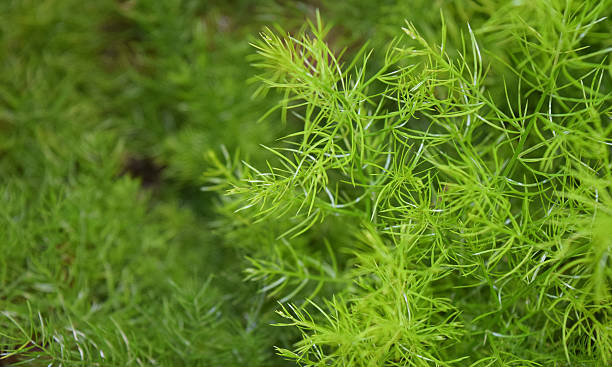
Introduction:
Pineapple contains nutrients and beneficial compounds, such as vitamin C, manganese, and enzymes, to help aid digestion. Eating pineapple may help boost immunity, lower cancer risk, and improve recovery time after surgery.
1 cup (165 grams) of pineapple chunks contains:
- Calories: 82.5 kcal
- Fat: 0.198 grams (g)
- Protein: 0.891 g
- Carbs: 21.6 g
- Fiber: 2.31 g
- Vitamin C: 78.9 milligrams (mg), 88% of the Daily Value (DV)
- Manganese: 1.53 mg or 109% of the DV (for women) and 2.3mg or 66% of the DV (for men)
- Vitamin B6: 0.185 mg, 11% of the DV
- Copper: 0.181 mg, 20% of the DV
- Thiamine: 0.13 mg, 11% of the DV
- Folate: 29.7 micrograms (mcg), 7% of the DV
- Potassium: 180 mg, 4% of the DV
- Magnesium: 19.8 mg, 5% of the DV
- Niacin: 0.825 mg, 5% of the DV
- Pantothenic acid: 0.351 mg, 7% of the DV
- Riboflavin: 0.053 mg, 4% of the DV
- Iron: 0.478 mg, 3% of the DV
Benefits of Pineapple:
Promotes tissue healing
“Pineapple is the only food known to contain bromelain, an enzyme that helps your skin and tissues heal. Consuming bromelain from pineapple might also help your skin heal after surgery or injury.
Fights inflammation
“Inflammation is a natural process that occurs in our bodies to help fight off illness, the anti-inflammatory power in bromelain can help fight inflammation and may suppress the growth of certain tumors.
Of course, eating pineapple isn’t a cancer-free guarantee. “But eating lots of colorful fruits and vegetables, including pineapple, is a good way to help prevent cancer and other health conditions.
Aids digestion
Here’s another reason to make pineapple your go-to dessert: Pineapple contains a significant amount of fiber, which is associated with better digestion. Bromelain is also thought to aid in digestion, though there’s not enough scientific evidence to say for certain.
Relieves arthritis pain
The anti-inflammatory power of pineapple’s bromelain may provide pain relief for people with osteoarthritis.
May help with weight loss
Most weight loss experts recommend a diet rich in fruits and vegetables if you’re trying to shed pounds. But pineapple could be your diet’s best fruit friend because its enzymes just might help with fat burning.
Helps with post-workout recovery
When your muscles work hard, they produce inflammation — leading to that inevitable soreness that can sideline you for up to three days. But popping pineapple into your diet might help you get back to your training regimen a little sooner. “The anti-inflammatory power in pineapple could soothe muscles and may help them recover more quickly.
Supports heart health
Pineapples contain potassium and fiber, both of which are important for maintaining heart health.
- Potassium helps to regulate blood pressure, reducing the risk of heart disease and stroke.
- Fiber helps to lower cholesterol levels, which can reduce the risk of heart disease.
May improve fertility
According to some studies it is seen that eating foods that are rich in antioxidants can help prevent infertility. Because free radicals can damage the reproductive system, foods with high antioxidant activity like pineapples are recommended for people who are trying to conceive.
May prevent asthma:
The beta-carotene that is found in plant foods like pineapples helps lower the risk of respiratory inflammation and asthma.
Prevents depressive illnesses:
A study found that consumption of vegetables and fruits that have a high content of nutrients may be of importance in the case of preventing depressive disorders.
Conclusion:
Benefits of pineapple (Ananas comosus) include the fact that it’s high in vitamins and minerals, such as vitamin C for immune system support and potassium for heart health. It’s also the best source of the enzyme called bromelain, which helps with digestion and has anti-inflammatory effects. Vitamin C is the most abundant vitamin in this fruit, while antioxidants like flavonoids and tannins within also help fight oxidative stress. Some of the positive effects of pineapple include helping normalize blood sugar and blood pressure, decreasing constipation, supporting fertility, fighting cancer, reducing inflammation of the bowels, and more.


